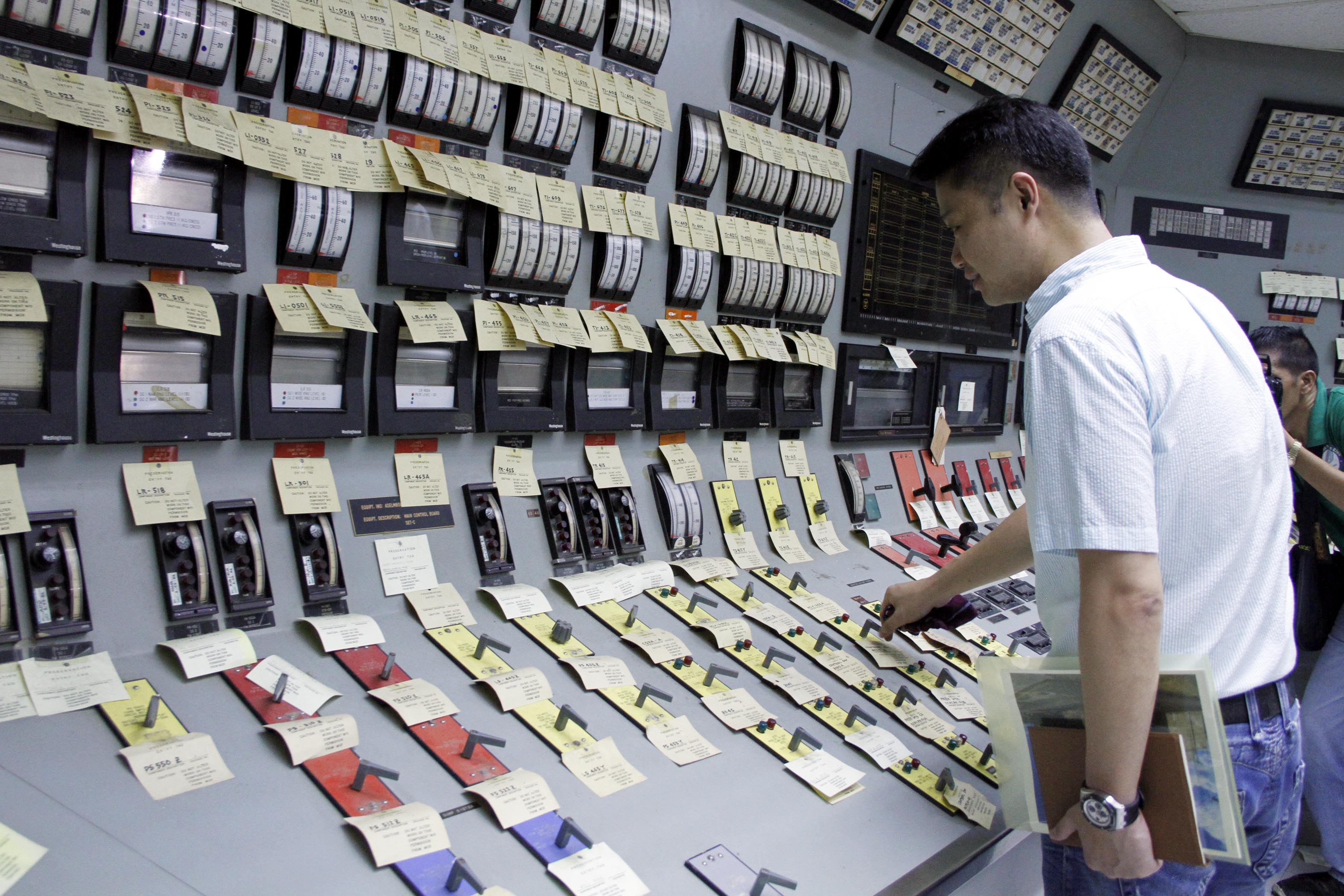
MANILA – Senator Nancy Binay urged the Department of Energy (DOE) on Sunday to set a clear policy direction on the use of nuclear energy as a source of electricity in the country.
This after Binay, vice chair of the Senate Committee on Energy, herself visited the old Bataan Nuclear Power Plant (BNPP) last Sept. 16 along with Senators Sherwin Gatchalian and Joseph Victor “JV” Ejercito.
Binay said that all stakeholders should be invited to dialogue on plans to open the mothballed plant, noting that the Senate can help in the formulation of the policy if needed.
To date, several groups have raised issues about the safety and acceptability of nuclear plants, and pointed at the 1986 Chernobyl and 2011 Fukushima disasters as examples of nuclear plant accidents.
Gatchalian, chair of the committee, himself said that he preferred that a new nuclear power plant be built instead of reviving the decades-old plant.
Binay, meanwhile, pointed out that it is a good opportunity for talks to decide on the use of the BNPP, given that the country is still spending on maintaining the facility.
The Philippines is highly dependent on electricity produced by coal and diesel, with more than half of the power supply coming from fossil fuels, 30 percent from natural gas plants and 10 percent from renewable sources which include geothermal, wind, hydropower, and solar energy.
The country’s electricity demand is expected to reach around 30,000 megawatts (MW) by 2030, but there is a need to add about 1100 MW per year, DOE added.